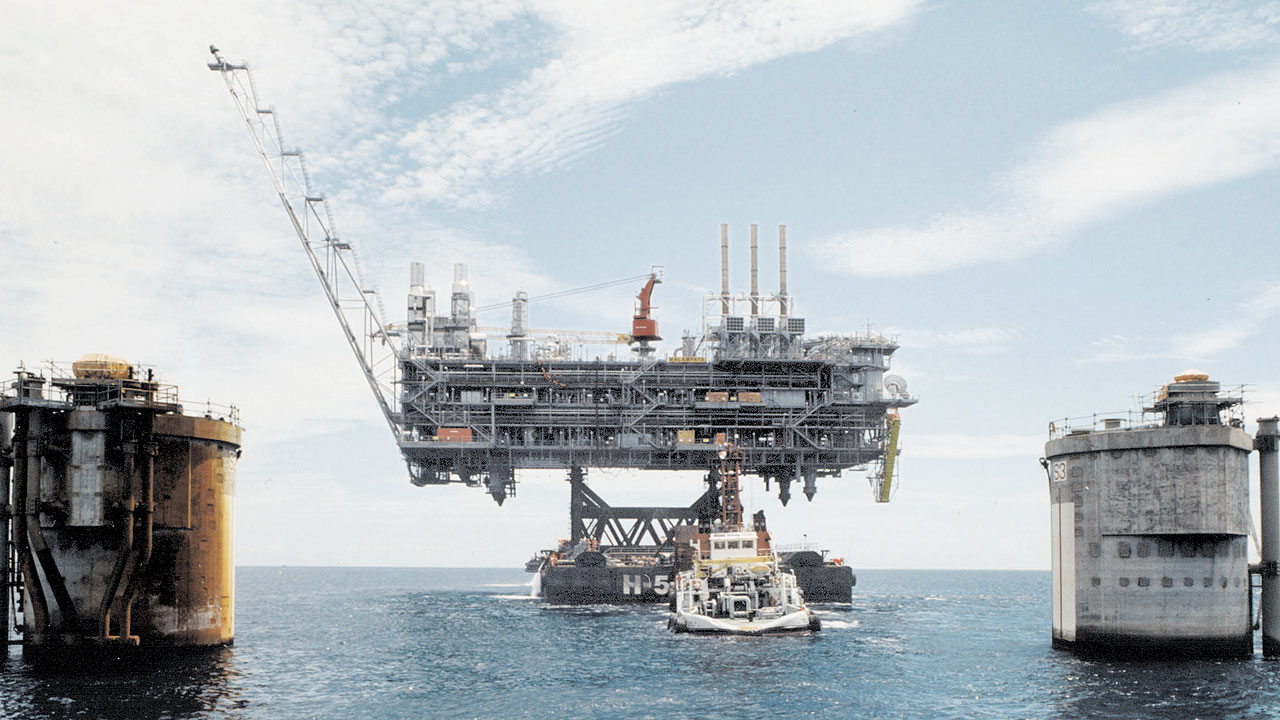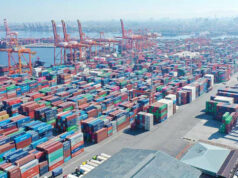
GAS RESERVES and production may expand depending on the success of renewed exploration activity around the Malampaya gas field, Fitch Solutions BMI Country Risk & Industry Research said on Thursday.
“Based on the review of current exploration, the long-term outlook for upstream oil and gas production now hinges on the success of further exploration of the Malampaya gas field,” Fitch Solutions BMI said in a report.
Fitch Solutions unit BMI noted that the extension of the exploration contract for the Malampaya gas field “raises hope for potential increase in gas reserves and production.”
In May, President Ferdinand R. Marcos, Jr. and representatives of the Malampaya Consortium signed an agreement renewing Service Contract (SC) 38, which covers the Malampaya gas field off northern Palawan.
SC 38 was set to expire on Feb. 22, 2024. Under the new agreement, the contract has been extended until Feb. 22, 2039.
“We have raised the outlook for gas production from the Malampaya gas field since investors plan to accelerate exploration activity in the SC38 block,” BMI said.
The Malampaya gas field is the country’s only indigenous commercial source of natural gas. It is expected to be largely depleted of easily recovered gas using current techniques by 2027.
The Malampaya consortium is composed of Prime Energy, a subsidiary of Prime Infrastructure Capital, Inc., Udenna Group’s UC38 LLC, and the state-owned Philippine National Oil Energy Corp.
The consortium has committed $600 million worth of additional investment to drill two wells and subsea facilities.
Asked to comment, Avril de Torres, deputy executive director of the Center for Energy, Ecology, and Development, said that the renewal of SC 38 and the plans to ramp up imports of liquefied natural gas are “contrary to climate science and consumer welfare.”
Ms. Torres added that it “makes no economic sense as renewables are already capable of addressing our energy needs in a more affordable manner.”
“We hope the administration finds the political will to do what is necessary to completely eliminate fossil fuels from our energy mix and to lead a genuine transition to a renewable energy future,” she said in a Viber message.
BMI also said that despite the government’s encouragement of investment to tap undiscovered oil and gas reserves, it still faces the challenge of funding capital-intensive exploration projects.
“The government has repeatedly announced it will raise spending on oil and gas exploration activities, but much has not been done,” BMI said.
BMI said that the loss of oil and gas revenue from lower oil and gas production has affected the government’s fiscal space and its ability to fund exploration activity.
“Currently, the bulk of oil and gas revenue derives from the sale of gas from the Malampaya project, where dwindling gas reserves and production could adversely affect the government’s financial strength,” it said.
BMI said offshore exploration may continue to be hampered by the ongoing maritime disputes with China.
“The Philippines is obviously running out of oil and gas reserves in onshore areas; offshore is now the only potential source of oil and gas reserves,” it said.
“However, ongoing maritime disputes with China are hampering efforts to attract foreign investment and enhance exploration efforts,” it added. — Sheldeen Joy Talavera



